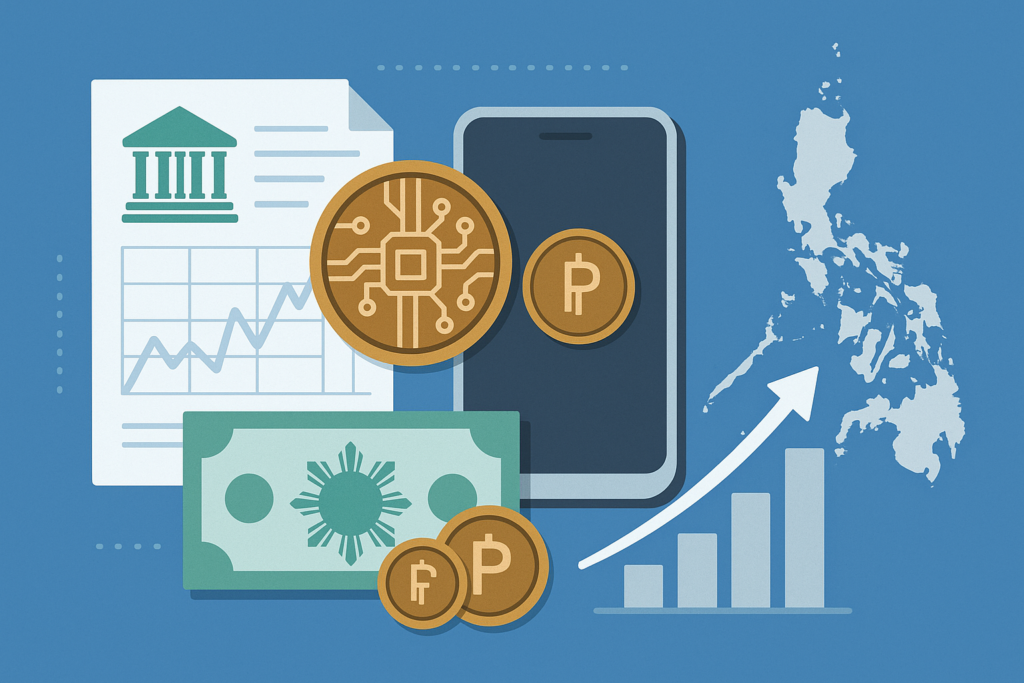
Understanding the Rise of Tokenized Assets in the Philippines
The financial landscape in the Philippines is undergoing a revolutionary transformation, driven by digital technology and the increasing adoption of tokenized assets. According to the recently published white paper, Project Bayani: The Philippines’ Asset Tokenization Opportunity, by the Philippine Digital Asset Exchange (PDAX), Saison Capital, and Onigiri Capital, the tokenized asset market could reach an estimated $60 billion by 2030.
What Are Tokenized Assets?
Tokenized assets refer to real-world investments such as public equities, government bonds, and mutual funds, represented digitally via blockchain. This process allows individuals to own fractional shares of investments, making it more accessible and inclusive. In the Philippines, this innovation aligns with the widespread use of digital platforms and mobile wallets.
Why Tokenization Matters
As of August 2023, nearly half of the Philippine population remains unbanked. However, digital financial tools—particularly mobile wallets like GCash, Maya, PDAX, and Coins.ph—are becoming integral to daily transactions. This shift is creating a solid foundation for regulated investments in tokenized form. For example, tokenized government bonds can now be purchased for as low as 500 pesos ($8.50), allowing small-scale investors to participate in markets traditionally dominated by institutional players.
Key Findings From the Report
The report highlights:
- Expanding Market Potential: By 2030, public equities could account for $26 billion, government bonds for $24 billion, and mutual funds for $6 billion of the total tokenized asset market in the Philippines.
- Digital Integration: Blockchain technology is already embedded in widely used platforms like GCash and PDAX, enabling a smooth transition from traditional to tokenized investments.
- Increased Accessibility: With a mobile-first economy, the tokenization of government securities has already lowered the barriers to entry for retail investors.
How Tokenization is Empowering Retail Investors
The Bureau of the Treasury, in collaboration with PDAX and GCash, has become a major driver of this paradigm shift. Approximately half of all government bond account holders in the Philippines now own these bonds in tokenized form. This partnership demonstrates how leveraging mobile platforms can extend investment opportunities to historically underserved communities.
Future Directions
Tokenization represents more than just a trend; it’s a structural evolution of the financial system. The report emphasizes the importance of connecting existing digital ecosystems to broader investment products such as mutual funds and public equities. This move could further modernize the Philippines’ capital markets, enhance financial inclusion, and significantly boost economic participation.
How to Get Started With Tokenized Investments
If you’re new to investing, platforms like PDAX offer easy access to tokenized products and government securities. With flexible minimum investments, these platforms are designed for anyone looking to enter the financial market seamlessly.
Conclusion
The tokenization of assets is a game-changer in the Philippines, making regulated financial instruments accessible to millions. As digital adoption continues to rise, the integration of tokenized investments into everyday platforms could redefine how Filipinos participate in the financial ecosystem.






